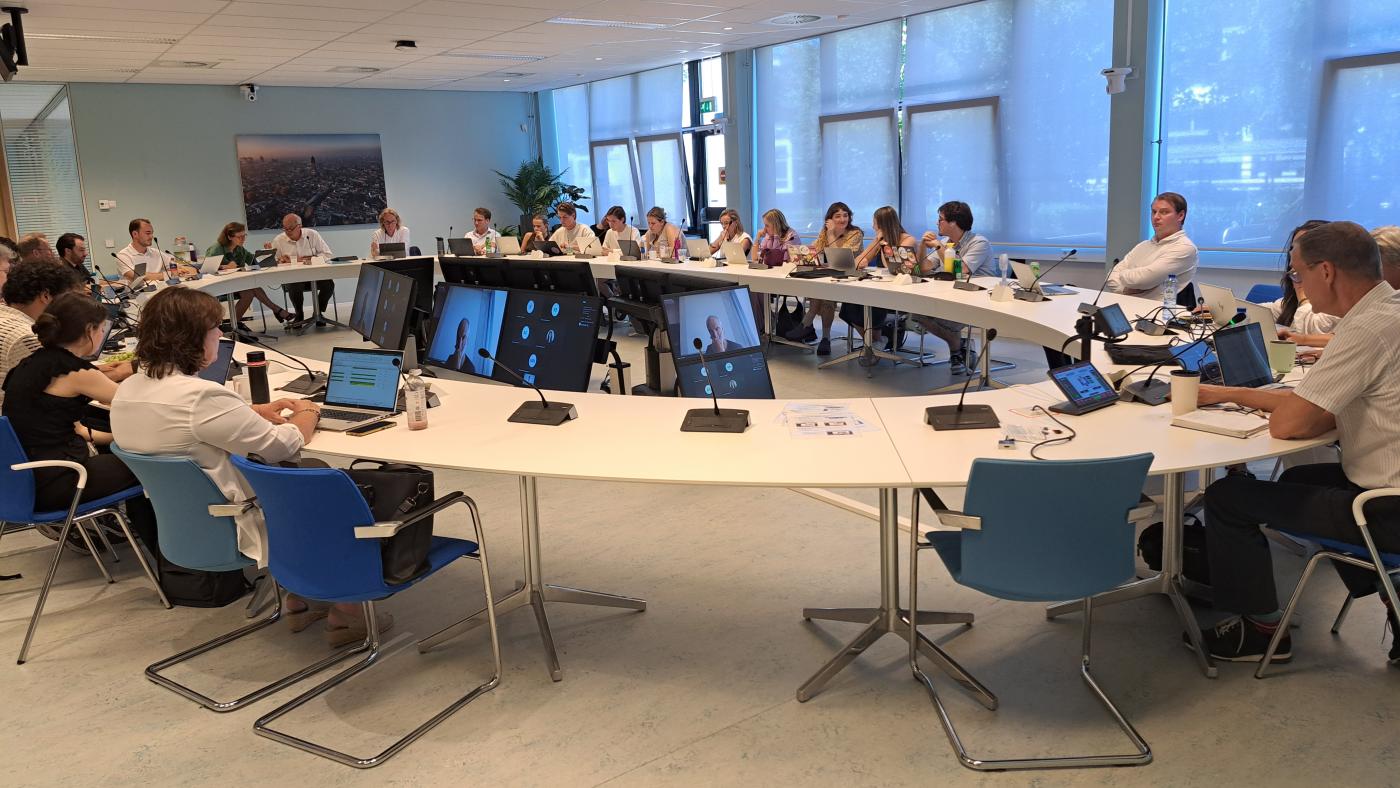University Council approves Strategic Plan
Is the Strategic Plan still realistic considering UU must reduce its spending?

The Strategic Plan for 2030 defines the direction the university aims to take over the next five years. UU's primary ambition is to contribute to a better world by fostering closer relationships between its education and research and society. Under the motto practice what you preach, UU says it must take the lead in operating sustainably.
The University Council approved the plan on June 30. ‘It is a good plan with concrete, realistic, and widely supported objectives,’ stated student member Leonie Gerth on behalf of the entire council. ‘We also appreciate how we were involved in the process and were allowed to contribute.’
Therefore, the reservations expressed by the council are not related to the ambitions formulated in the document. Instead, the council members wonder if the university will manage to reach those goals in five years. ‘It's a great plan, but I'm worried about its feasibility. Budget cuts were recently announced, and they include the Sustainable Office. How will these austerity measures impact the implementation of the plan?’ asked Gerhard Blab, one of the staff members.
UU President Anton Pijpers says that the goals will remain the same despite developments such as the intention to reduce spending on the University Corporate Offices. ‘We did not adjust our Strategic Plan during the coronavirus pandemic either. Education and research had to remain at a high level. We only had to adapt the implementation of our plans to reality. That is what is going to happen again now. Besides, we will discuss with the council how to achieve the goals while taking the budget cuts into account.’
At the end of June, the University Council also posed questions about the feasibility of the university's ambitions in the area of sustainable business operations. They were mainly concerned about the university's target to become CO2-neutral by 2030. ‘How is it possible to claim this when the university has indicated elsewhere that it will not be off gas by 2035?’ asked student council member Lieke Fokker.
Vice-President Margot van der Starre acknowledged that the university will not be able to abandon gas by 2030, but underscored that the university intends to compensate for this by adopting additional sustainable measures and offsetting its gas consumption through the purchase of carbon credits. She believes that the ambition to be carbon neutral by 2030 remains achievable this way. ‘For example, we have solar fields that provide most of our energy. We also use sustainable materials, which means we need less gas anyway.’
In this context, the council also noted that the Strategic Plan does not mention the rise of artificial intelligence, which is set to increase the university's energy consumption. The university is yet to develop a policy on this. The Executive Board agreed to add this point to the Strategic Plan.